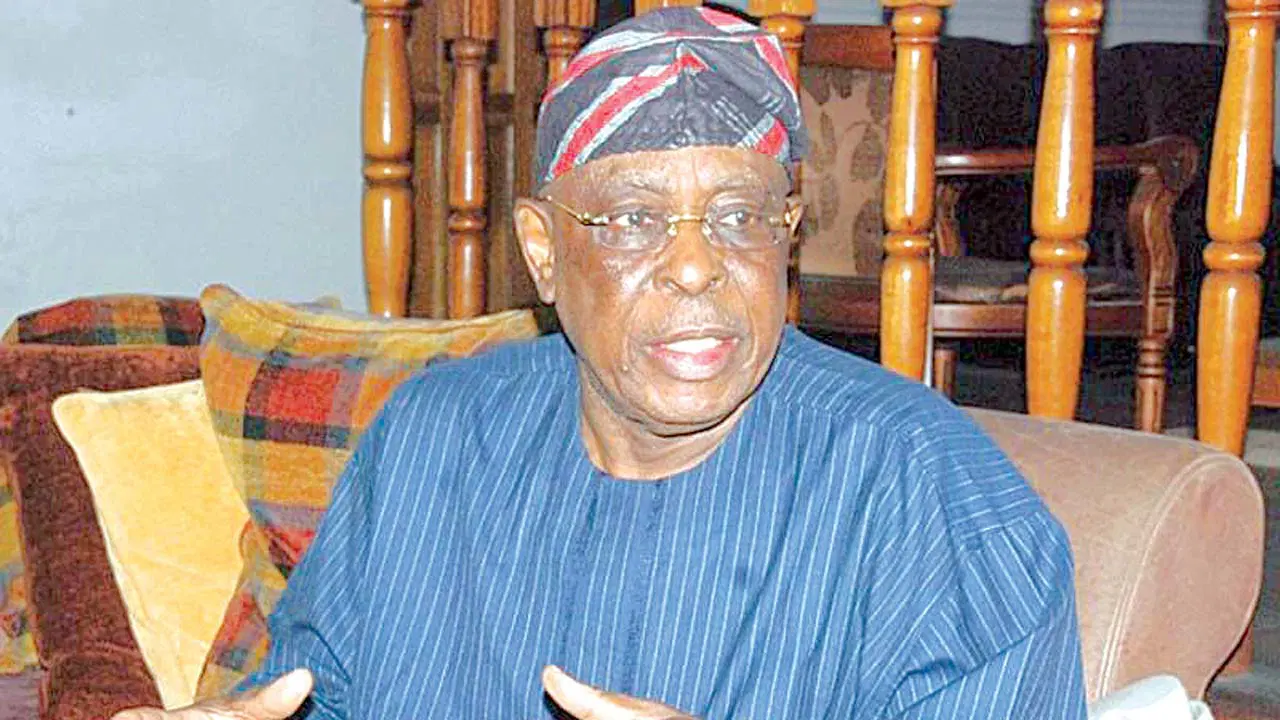
In its bid to secure climate reparations from the Global North, Nigeria, along with other developing nations, is facing significant challenges .
However, a US-based activist , Kathy Mulvey who is pushing for corporate accountability in climate action has disclosed that alternative pathways could provide possible solutions.
Mulvey, who leads the Accountability Campaign for the Climate & Energy Program at the Union of Concerned Scientists, acknowledged that powerful interests are opposing reparation efforts.
She pointed out that legal actions taking place in the United States may influence global conversations and create avenues for progress.
Mulvey made this disclosure during her visit to the headquarters of Corporate Accountability and Public Participation Africa (CAPPA) in Lagos, Nigeria.
While addressing the strategies for addressing climate injustice.
In a recent global climate action, Nigerian activists joined counterparts from around the world, demanding that wealthy countries in the Global North make a $5 trillion annual payment toward their climate debt.
These protests were part of a global week of action, culminating before Climate Week NYC, where campaigners highlighted the devastating effects of fossil fuel dependency and called for accountability from the world’s richest nations.

While addressing the likelihood of Nigeria receiving reparations, Mulvey acknowledged the complexity of the issue, stating, “It’s a major challenge, but it’s also one of the most pressing issues of our time. Since Russia’s invasion of Ukraine, oil and gas companies have seen massive profits.”
She noted that the current framework for addressing loss and damage, under the United Nations Framework Convention on Climate Change (UNFCCC), involves negotiations between nation-states, with wealthier countries often benefiting from historical emissions while failing to pay their fair share.
“Part of our campaign’s focus is on the idea of common but differentiated responsibilities,” Mulvey explained. “We look at fair shares both from a governmental angle and from the perspective of industries and corporations that have contributed heavily to the crisis.”
Mulvey added that while direct funding for loss and damage has been slow to materialize, climate activists in the US are pressuring their government to step up its financial contributions as a temporary measure.
“Our immediate goal is to push for increased climate financing from the US government. While it’s not the same as loss and damage funding, it’s a step in the right direction. Meanwhile, we’re working to hold corporations based in Global North countries accountable for the environmental and economic impacts of their actions,” she said.
Mulvey highlighted ongoing legal cases in the US targeting climate damages and corporate deception, which she believes could serve as a catalyst for broader discussions on climate reparations. “Even though the potential payouts in the US might seem small, they could open the door to larger conversations about justice for Global South countries. It’s crucial that these discussions are framed within the global context,” she added.
However, Mulvey also acknowledged the difficulties ahead. “There are entrenched interests that don’t want to see the status quo change, and a lot of resistance to holding industries accountable for their role in the climate crisis,” she said.
In addition to advocating for national governments to act, Mulvey stressed the need for corporate accountability, particularly in holding major oil companies responsible for environmental damage caused by their operations.
“Our strategy is to target the leadership of these companies. If we can drive change at the top, the entire industry will have to follow,” she explained.
Earlier, Mr Oluwafemi Akinbode , CAPPA’s Executive Director, welcomed Mulvey and introduced her to the organization’s focus areas, which include advocacy for public health, social justice, climate change, and environmental sustainability.

 2 hours ago
12
2 hours ago
12








